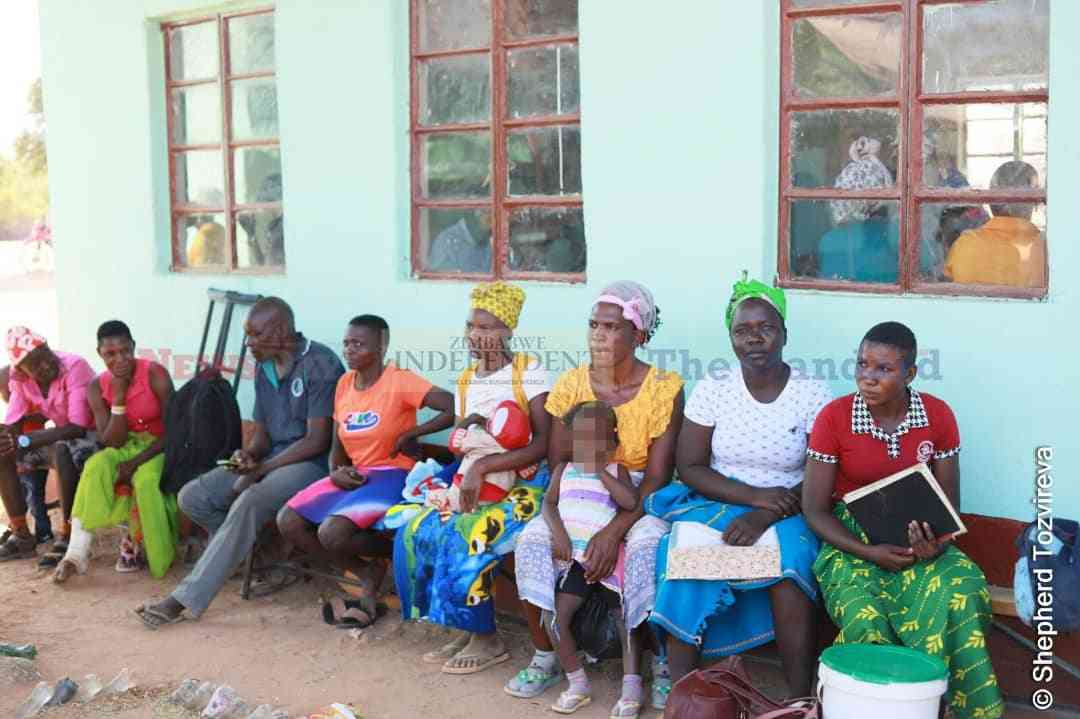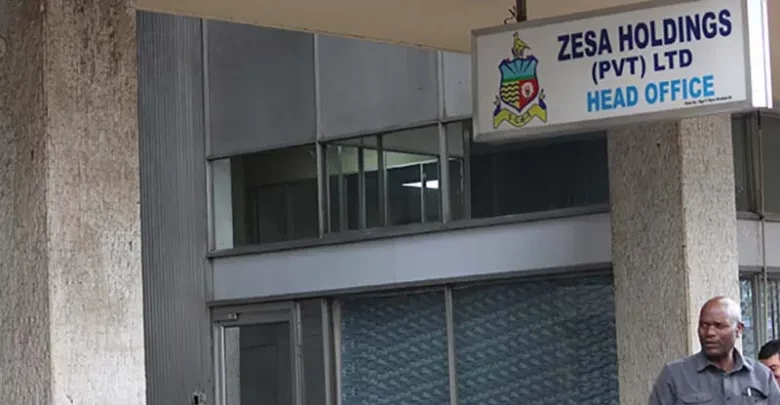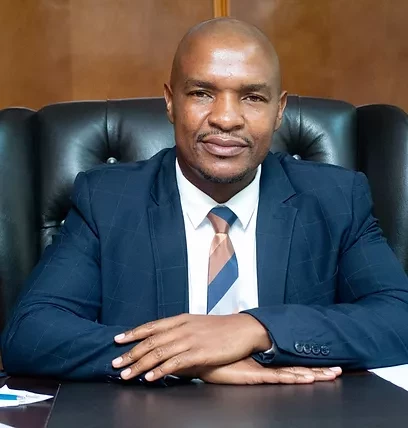
''It was a huge risk for me and my family to travel for 10km through a wildlife infested forest, but we had no choice as I needed a birth certificate for my son,” said an elated Honest Mudenda.
Mudenda had just obtained a birth certificate for his one-year old son during the ongoing mobile birth registration programme in the Sinamusanga area in Binga district, Matabeleland North.
Located about 170km from Binga town, Sinamusanga is a hard to reach area, with dilapidated roads, and is a stone throw away from where Zimbabwe and Zambia are separated by the Zambezi River.
This semi-arid place is habitat to wild animals that include lions and elephants, limiting economic activity and access to essential social amenities.
The nearest clinic is 60km away and public transportation is literally a dream, making scotchcarts the only mode of transport for villagers.
Getting an essential document like a birth certificate or national identity card is somewhat the least of priorities for villagers in the area due to poverty.
It is against this background that the government in collaboration with Unicef and through funding from the Swedish government, embarked on a mobile birth registration exercise in the country’s eight rural provinces, targeting the most marginalised areas.
The government says the aim of this exercise is to ensure that those in hard-to-reach communities are not left out in the registration of vital documents thrust.
- Secure your business premises: Police
- New law answers exhumations and reburials question in Zim
- DT Bio Mudimba: A sungura perfectionist
- Travelling & touring: Gandavaroyi Falls: Tourism’s hanging fruit
Keep Reading
At Sinamusanga Primary School, hundreds of children and adults have been rushing to get birth certificates and identity cards.
“I came on a bicycle together with my wife and our child because going to Siabuwa or Binga is too expensive for us,” Mudenda said.
“We travelled for 10km as we know the importance of a birth certificate for our child.
“We had to wait for daylight as travelling during the night increases chances of encountering wild animals.”
The nearest civil registry department offices from Sinamusanga are at Siabuwa or Binga town, which are 60km and 170km away, respectively.
There were other parents like Norah Mwende, aged 39, who walked 4km to Sinamusanga Primary School to get a birth certificate for her daughter.
“This birth certificate will enable my child to go to school without hassles and it will enable her to register for her Grade 7 examinations,” Mwende said.
“I am glad to have finally obtained this paper so close to home.
“Had this exercise not taken place, I honestly do not know when or where I would have secured a birth certificate for her.”
The financial cost of getting identity documents in such areas is also a huge inhibiting factor.
For locals in Sinamusanga, they have to fork out between US$18 and US$30 for a return trip to Siabuwa.
John Mudenda, a 15 year-old boy, could not hide his excitement after obtaining a birth certificate.
“It has always been difficult for me to join school team because I did not have a birth certificate,” he said.
“Now that I have this paper, I am sure I can pursue my childhood dream of being a professional footballer.”
Minister Mupande, the local councillor, called for a more sustainable way to avail identity documents for the community.
“We would appreciate it if we could have a sub-office of our own to ease the burden and risk of going to Siabuwa or Binga for such documents,” Mumpande said.
Chief Sinamusanga, born Gasta Siyateya Mwinde, expressed gratitude for the mobile registration exercise.
“To complement such efforts as chiefs and our village heads, we were empowered to give forms to mothers who give birth at home, which they can present at the civil registry office for swift assistance in getting birth certificates,” he said.
“Such commitments by the government and its partners illuminate the desire not to leave places like ours behind.”
“Despite our geographic location, our people also feel like they are part of the country as they are not being side-lined on important national initiatives.”
The civil registry department says it is targeting to provide over 500 identity documents, birth certificates to children being core, to Sinamusanga villagers and those from neighbouring areas by the time the registration blitz ends.
The department’s deputy registrar general responsible for provincial operations, Christina Chikerema said they wanted to ensure all citizens have identity documents by 2030.
“We will be going to all the eight rural provinces of the country with this exercise, which has already been rolled out in Masvingo’s Chikombedzi District, in Mashonaland West’s Mhangura District and in Mangwe district- Matabeleland South,” Chikerema said.
She said such collaborative efforts between the government and partners like Unicef and the Swedish government were a game changer in their drive to reach the 2030 goal.
“In as much as the government may have the expertise and sub-offices where people can get their birth and death certificates and IDs, working together with development partners helps us in compounding our finances and technical support so that we do not leave anyone behind,” Chikerema said.
Unicef Zimbabwe chief of child protection Nyasha Mayanga said the UN agency was supporting the government to uphold the rights of children.
“We do not only take availing identity documents to children as a mere administrative exercise, but as an important gateway for them to access services, as well as fulfilling their right to identity,” Mayanga said.
“We are behind the government’s theme of not leaving anyone and any place behind as well as helping fulfill aspirations in the National Development Strategy and the Sustainable Development Goals.”
Zimbabwe is party to several international commitments relating to child rights to identity, including the United Nations Convention on the Rights of the Child.
Article 6 of the African Charter is also very explicit regarding the right to birth registration for children.
In Sustainable Development Goal 16:9, the legal identity for all by 2030 is illuminated, including birth registration.
Zimbabwe is at 57% in terms of birth registration coverage according to the 2023-2024 Zimbabwe Demographic and Health Survey.









